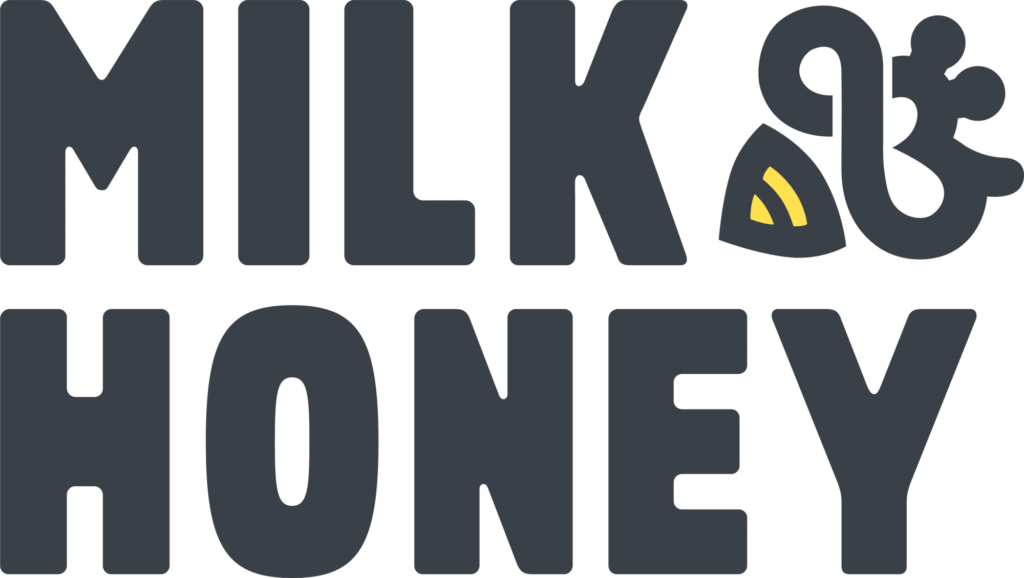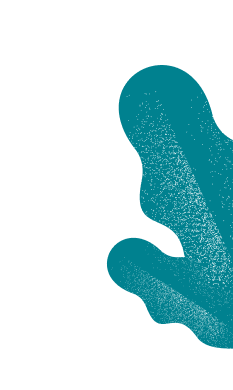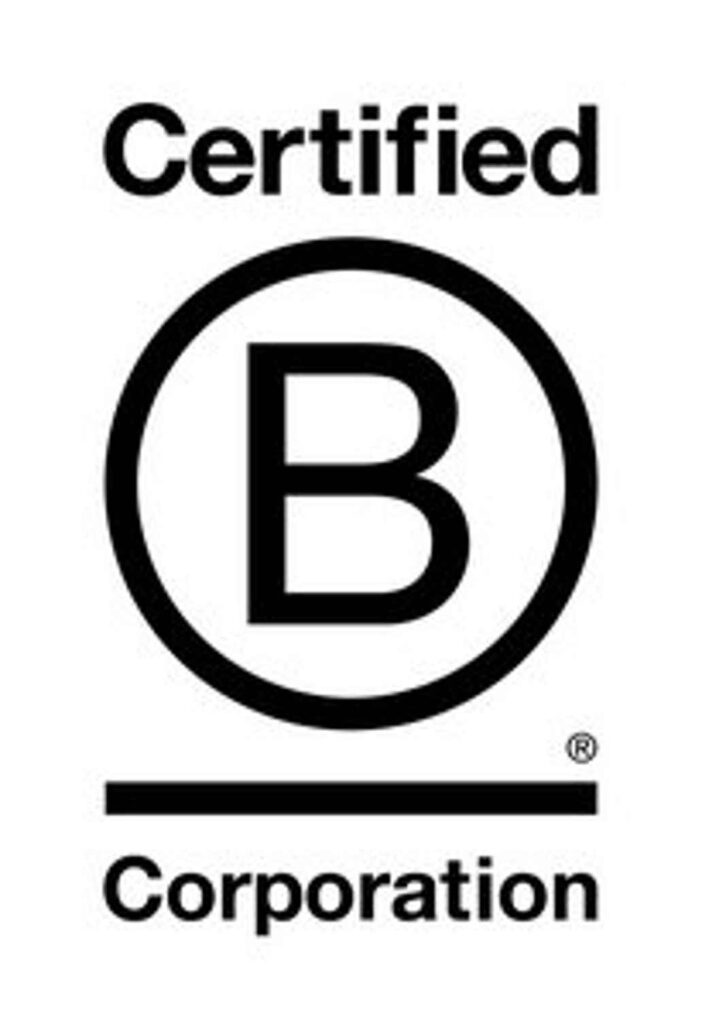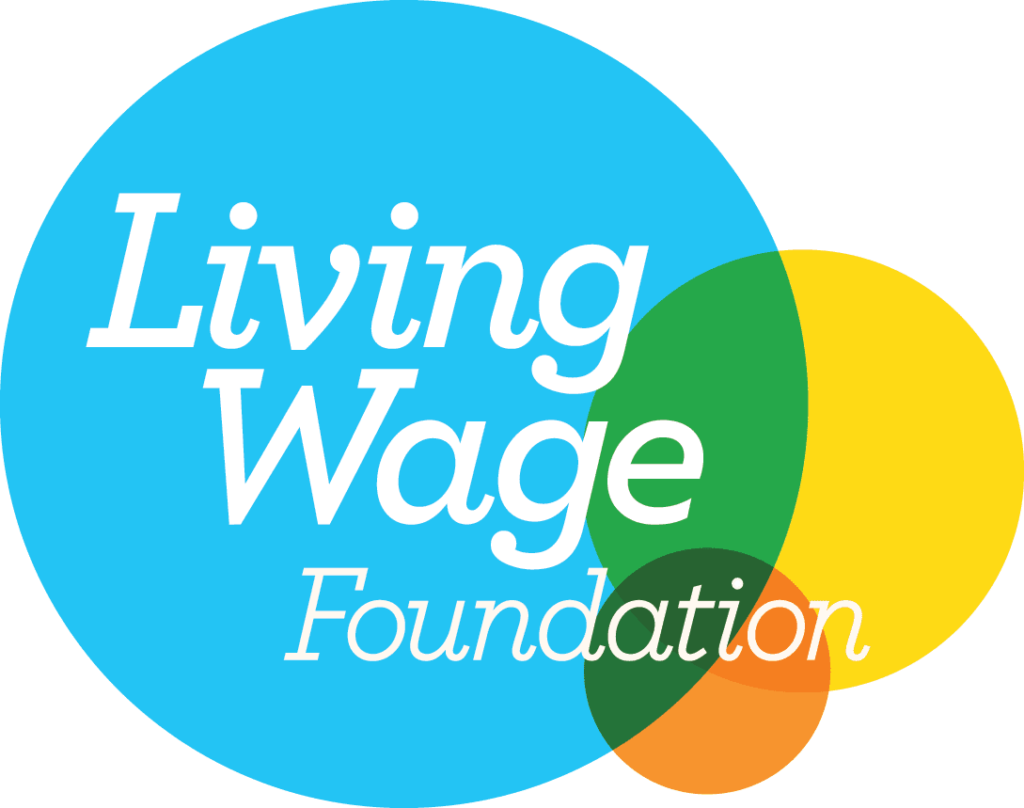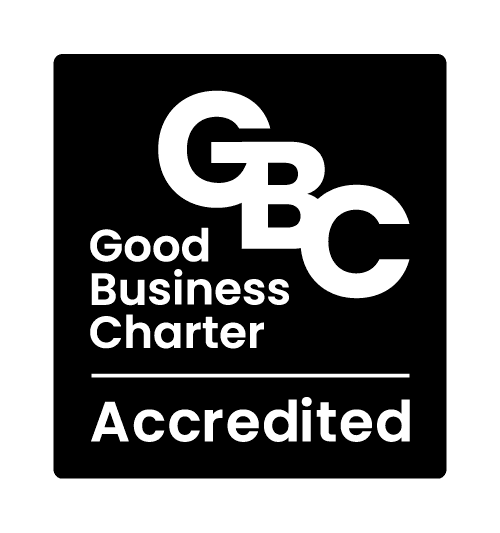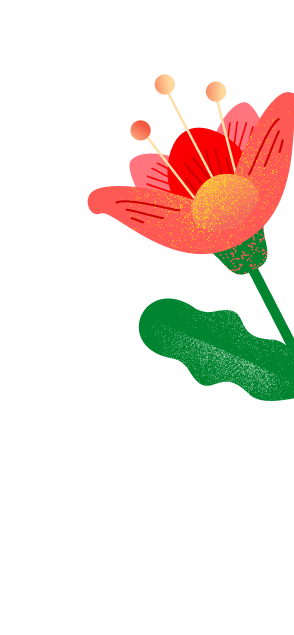Milk & Honey looks at how PR folk can navigate their mental wellbeing throughout the remaining lockdown period.
Though the pandemic has removed long commutes from the equation, it has instead thrown a whole host of additional responsibilities and complexities into the mix.
While many people work from home from time-to-time, doing this for days on end sometimes without a proper set up, can take its toll. At Milk & Honey we’ve ensured everybody has a safe space to work, with appropriate IT equipment and furniture, but our work environments still differ. For some people, bedrooms are having to serve simultaneously as an office, living room, fitness studio – as well as, of course, being somewhere to sleep.
It’s more important than ever to switch headspace – creating those clear lines of separation and taking the time to get out of ‘work mode’ and into ‘relax’ mode. While achieving mental wellbeing is never simple, there are a number of elements that it’s important to bear in mind. Here are a few tips on how PR people can manage the media beast, their own time, and try to prioritise their own wellbeing.
Starving the media beast
The media never sleeps. We are constantly bombarded with Covid-19 news wherever we turn, making it difficult to escape. The nature of PR means having your finger on the pulse at all times – which means you’re often staring square into the frightening reality of the Covid-19 situation. At Milk & Honey, while we are still staying abreast of what’s happening in the media during the week. We’ve been encouraging the team to turn off their BBC or Sky News alerts on the weekend to help with work/life balance, and support our team to actually take a breather from the news every now and again.
Celebrating everyday achievements
Many of us are frequent users of social media and it has become part of our day-to-day professional roles too. It’s easy to compare your life or ‘productivity’ to other people. Instagram is flooded with people taking up fitness, starting new hobbies, walking dogs, and baking a seemingly endless supply of sourdough bread. While this is an opportunity to explore new pursuits for some, immersing yourself in the constant stream of ‘idealised lifestyles’ curated for social media can lead to feelings of underachievement. Doing nothing, or simply managing your normal day-to-day life and workload are fine too.
Not your typical 9-5
Thanks to Covid-19, we’ve all been thrown into an unpleasant situation that we’ve never experienced before. Many of us have had to quickly adapt to new ways of working, such as working from home full time. Many are also juggling full-time roles, with caring responsibilities, including looking after children, family members or vulnerable neighbours.
PR will never be a 9 to 5 job, so ensuring people are supported and empowered to work flexibly is critical. This includes having a discussion with teams about how they might adapt their working schedule to achieve balance. Employees should be encouraged to review this with their managers and colleagues regularly, to ensure they’re working productively while addressing any challenges of the lockdown.
Respecting people’s personality types
Everyone’s mental wellbeing experience during this pandemic is entirely unique. For some people, the lack of contact with friends and family can trigger loneliness, or working from home can cause cabin fever. It’s important to be mindful of how your colleagues are feeling. A quick ‘how are you?’ message can often go a long way. On a related note, don’t take it to heart if that person doesn’t immediately reply. Everyone deals with isolation differently, and not everyone feels the need to heavily communicate with others. Take the opportunity to ask managers, colleagues, friends and family about how often they want to be communicated with.
Managing your own time more effectively
As PRs, it’s usual to want a response as soon as possible – but it’s still important for people to have some head space away from client calls and Zoom meetings. If a person asks whether a call really needs to happen, or if a meeting will actually be worth them attending, they aren’t being rude – they’re focusing on managing their time, and their energy levels, more effectively.
It’s easy for us to get caught up with back-to-back calls, which can be exhausting. Next time you’re booking in a meeting with a person, think to yourself – can this be an email or a quick message on Teams or Slack?
Making time for ‘me’
Everyone’s mental wellbeing needs are different. Some people need constant social interaction, others require regular downtime to relax or reflect. Most people like having the best of both worlds but it involves having ‘me time’ even when at work.
We encourage the Milk & Honey Hive to schedule time in their Microsoft Office calendar under ‘focused’, ‘free’ or ‘me’ time. ‘Focused’ time is when someone needs to get their head down to finish a piece of content or task, so they might be slower to respond or otherwise less available than usual. ‘Free’ time is when that person doesn’t have any calls or meetings but is available to speak to, and ‘me’ time is when they are free – but don’t wish to be disturbed.
Changing your immediate environment is important for your headspace, as well. While not everyone has a spare room or even a living room to spend time in, going outside, even only for a few minutes, can do wonders for refreshing the mind and resetting the senses.
It seems likely that this new normal will be with us for some time yet, until it shifts again, and we all need to get used to life after. Life is a constantly moving series of events and our needs for flexibility will change in line with this. Open lines of communication, understanding of balancing personal and professional needs, and trust will always be the key constituents to achieving a happy and healthy workplace.
